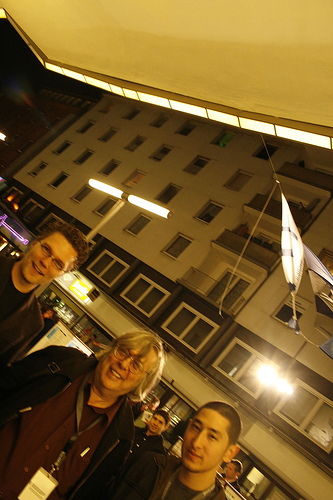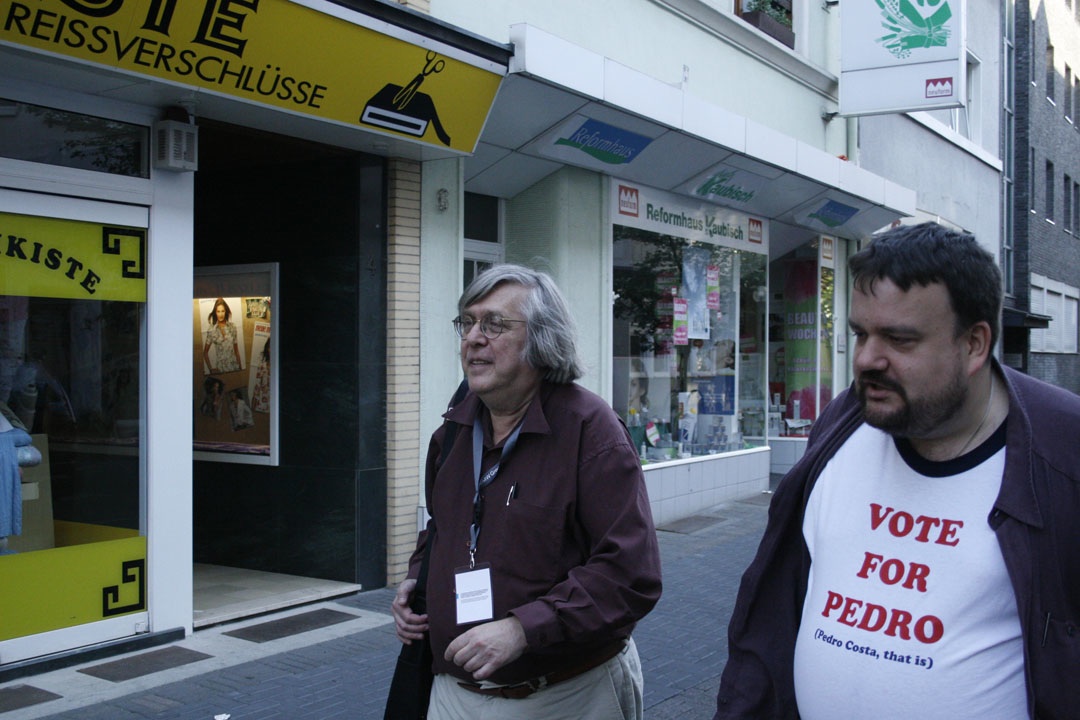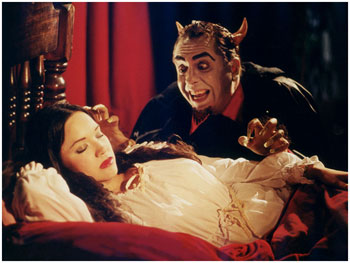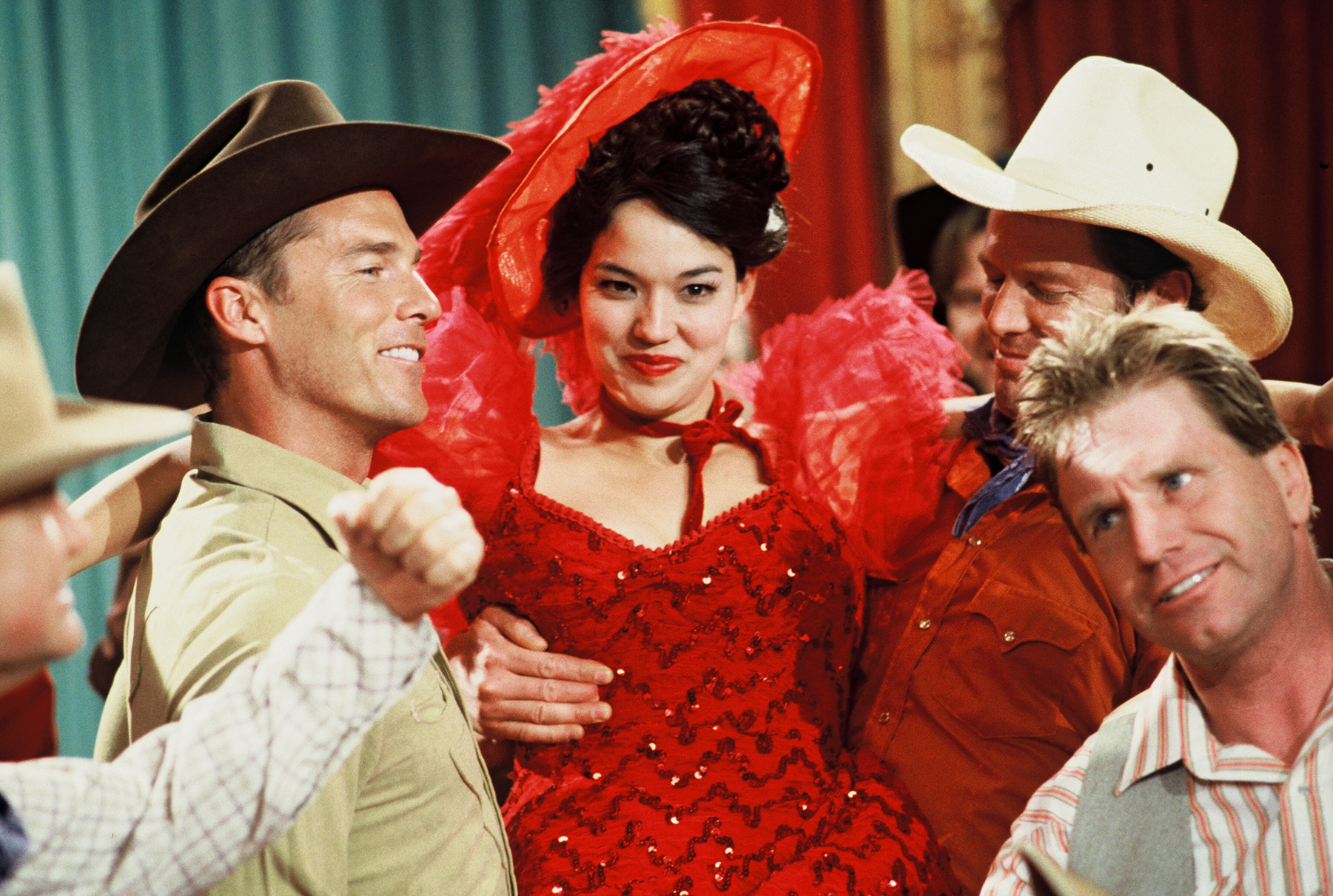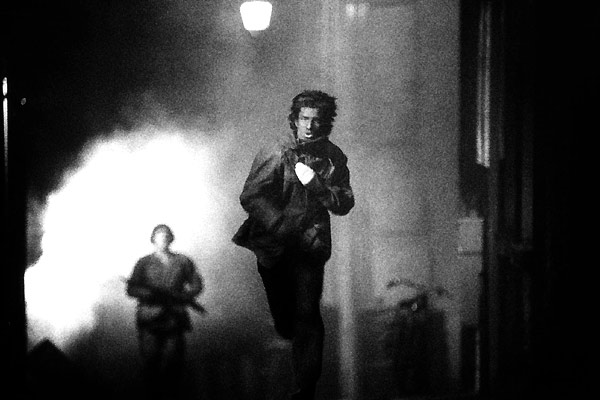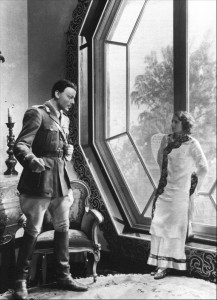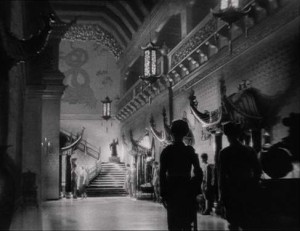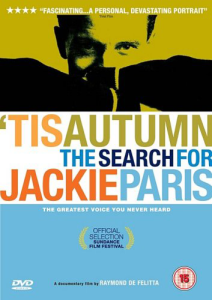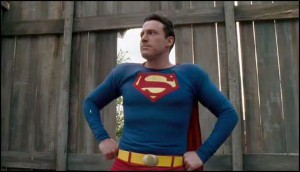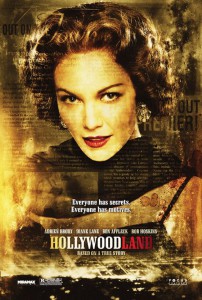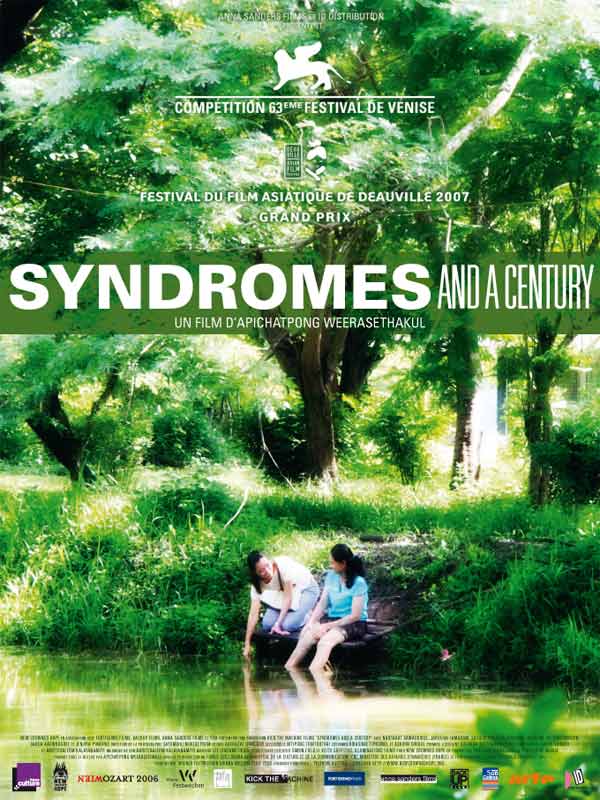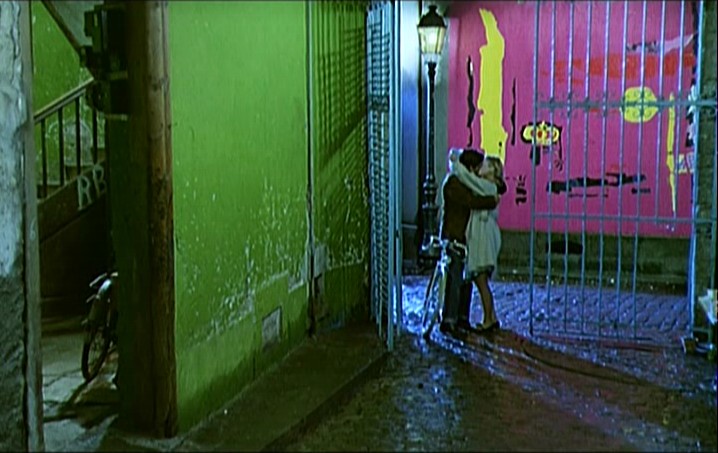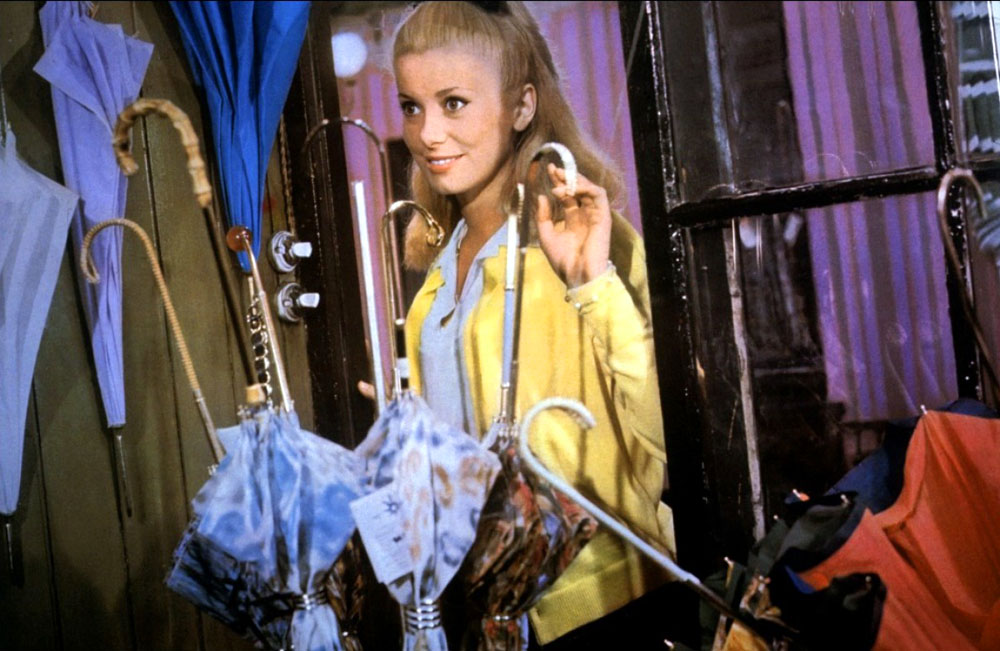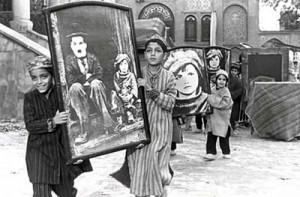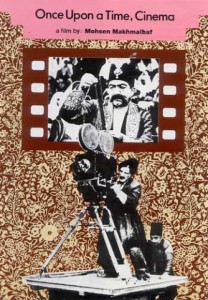Written for Volume 34, Number 3, Issue No 135 of the Winnipeg-based Canadian arts journal Border Crossings in Fall 2015 (see below). — J.R.
I’m frequently troubled these days by the growing absence of global perspectives in what passes for news and other forms of mainstream discourse in the U.S. — the perpetually shrinking definitions of what we mean by ‘we’. A good many of the congealed stereotypes of foreign cultures that crop up in both Hollywood blockbusters and Internet chatter — ranging from the notion that ‘the French’ are crazy about Jerry Lewis to the pop images we still have of Latinos, Italians, Russians, Arabs, and Asians in SF blockbusters whenever ‘the world’ has to be represented — can paradoxically be traced back to the 50s and 60s, when the Cold War and all of its most rigid either/or assumptions were still in force. One might suppose that the combined resources of the Internet and digital viewing would widen our cinematic and other cultural reference points rather than shrink them. But the tendency of even respectable, adult media pundits to speak about ‘good guys’ and ‘bad guys’ in the world at large suggests a metaphysics tailored to the dimensions of a Star Wars saga or a video game, where the cultural givens plunge back even further into the mythical past: Flash Gordon serials and Triumph of the Will from the mid-1930s, Roy Rogers Westerns and airborne World War 2 epics of the mid-1940s. Read more


